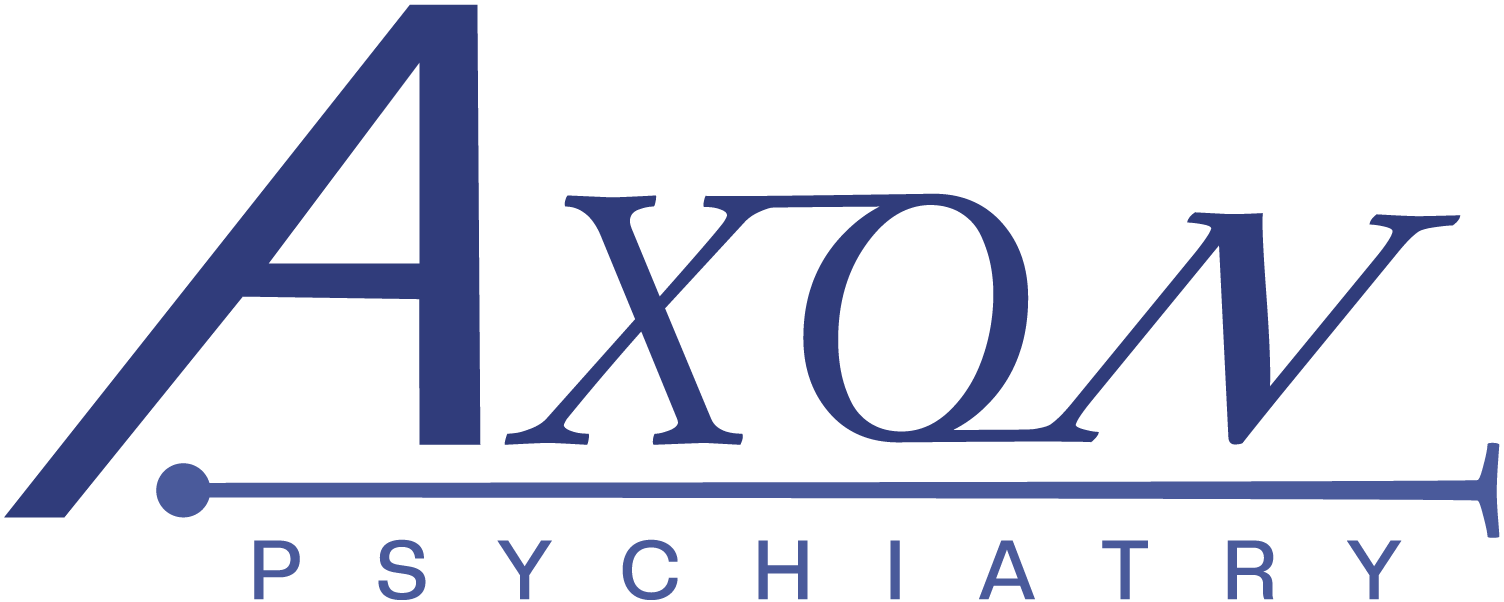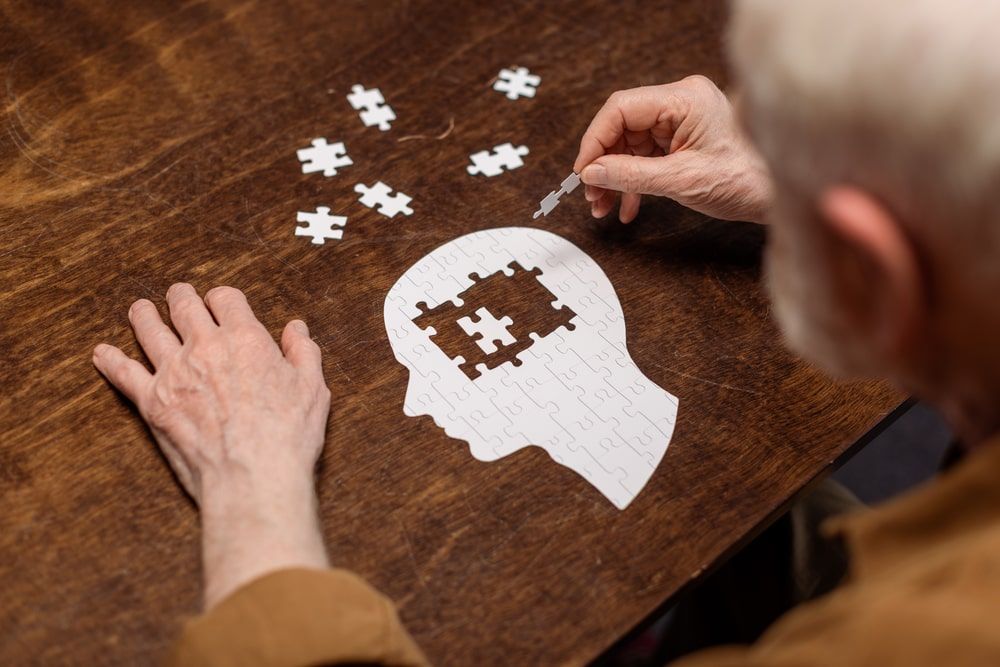Post-stroke recovery refers to the process of rehabilitation and adjustment that occurs after a stroke. Strokes can impact physical, cognitive, and emotional well-being, and the recovery journey involves multidisciplinary efforts to regain function and improve overall quality of life.
Psychological Impact of Stroke
A stroke can have a profound impact on mental health, leading to various emotional challenges such as:
- Depression: Feelings of sadness, hopelessness, and loss of interest in activities.
- Anxiety: Worry, fear, and apprehension about the future and potential limitations.
- Cognitive Changes: Memory problems, difficulty concentrating, and changes in thinking.
- Adjustment Issues: Adapting to physical and lifestyle changes post-stroke.
Coping Strategies for Mental Health
- Support System: Building a network of friends, family, and healthcare professionals for emotional support.
- Psychotherapy: Engaging in counseling or therapy to address emotional and cognitive challenges.
- Mindfulness and Relaxation Techniques: Practices to manage stress and promote mental well-being.
- Goal Setting: Establishing realistic goals for physical and mental recovery.
Post-stroke recovery is an ongoing process. It’s essential to:
- Regularly Check-In: Attend follow-up appointments with healthcare providers for ongoing assessment.
- Communicate: Share any changes or challenges with your healthcare team promptly.
- Adaptation: Embrace adaptive strategies and assistive devices to enhance daily living.
Post-stroke recovery is a unique journey that involves both physical and mental well-being. By understanding the psychological aspects and actively participating in holistic rehabilitation, individuals can work towards a fulfilling life after a stroke. If you have further questions or concerns, consult with your healthcare team for personalized guidance.

